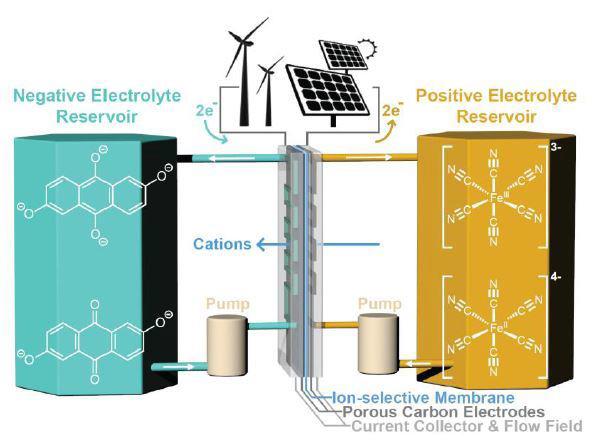
Advanced materials for energy production and storage with a long-life cycle
Advantages
- High resistance in corrosive environments and extreme temperatures.
- Structural robustness, high porosity, and great fluidity.
- Compatible with hybridization with other materials (metallic nanoparticles and metallic compounds).
Goal
The group is looking for a license agreement, but other collaborations may be considered.
Patent
EP23383157.7
Priority date: November 2023
Reference
UBTTT0501
Contact
Dr. Sancho Moro
Email: smoro@fbg.ub.edu
Advanced materials for energy production and storage with a long-life cycle
Executive summary
Researchers from the University of Barcelona have developed a new carbon nano-structured material with a long-life cycle and high resistance to corrosion and extreme temperatures. It has applications to:
- Electrodes (anodes/cathodes) for use in batteries and fuel cells.
- Higher efficiency in energy storage devices.
- Electrical filters in high-power networks.
- Electromagnetic brakes in vehicles.
- Sensors operating in extreme conditions.
Introduction
Climate change is posing technological challenges for the transition to non-fossil fuel energies. This will require better and more efficient materials for energy production and storage e.g. more efficient and long-lasting electrodes for hydrogen production and improved energy storage solutions.
Description
A new hybrid material has been created growing carbon nano-structures with larger surface area and much longer than existing carbon nanotubes (CNT) materials. The new material has a great structural robustness, high porosity and great fluidity. It has great physical and chemical stability (resistance to very high temperatures and corrosive environments), high temperature insulation, energy storage, catalytic processes, compatible with hybridization with other materials (metal nanoparticles and metal compounds). In addition, it has a reduced price, is scalable and can be manufactured continuously at large scales.
There is a wide range of potential applications to improving state of the art systems such as: nanostructured electrodes, supercapacitors, electric filters in high power networks, electromagnetic brakes in vehicles, anode/cathode in batteries and fuel cells, fluid insulation.
Current stage of development
The technology and fabrication process is well established and the material can be produced for a wide range of applications.

